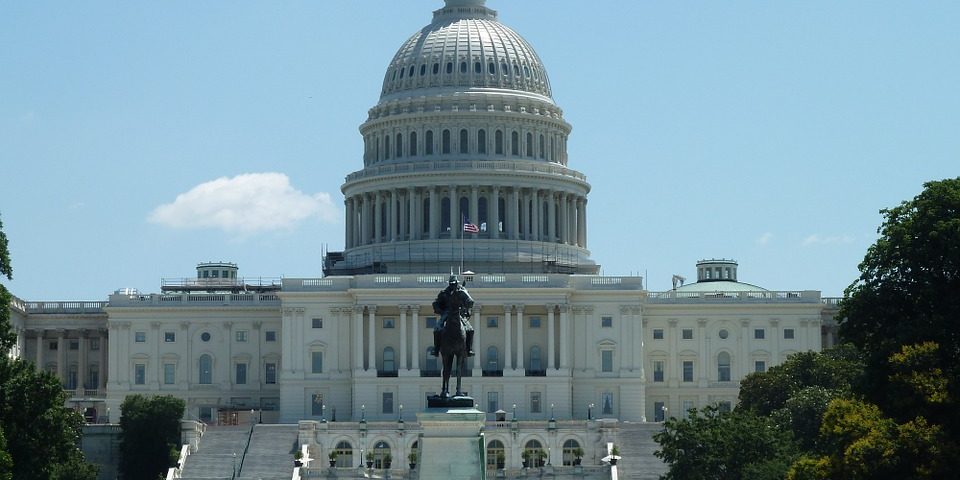The impact of rising drug prices is seen daily in Middle Tennessee and across the country. More than a quarter of Americans admit to not taking their medicines as prescribed at some point in the past year, primarily citing the cost. For many, these high prices lead to difficult decisions between adherence to medication or paying for other necessities, like housing.
Fortunately, a bipartisan program created in 1992, the 340B Drug Pricing Program, helps with the strain created from rising drug prices for those most in need. Under the program, drug companies provide discounts on outpatient drugs purchased by eligible healthcare entities that treat many uninsured, vulnerable patients.
These savings are passed onto those patients in the form of free or reduced medication and healthcare services. The savings are reinvested back into our community through community health services. What’s more, these drug savings support the safety net without being funded with a dollar of taxpayer money.
The 340B program accounts for only 1.3 percent of the $457 billion spent each year on prescription drugs in the United States. But even while the discounts are small relative to overall drug spending, they make a big difference in stretching finite resources for those who need the help the most.
Ascension Saint Thomas’ participation in the 340B program has proven to be vital for the communities in which we operate. The 340B program helps Ascension Saint Thomas mitigate against high and rising prescription drug prices, which enables us to provide free medical services and other health-related programs needed within our community. Our 340B savings are reinvested in multiple programs designed to increase access to prescription medicines and other health services for low-income patients.
The 340B program allows Saint Thomas Hickman and Saint Thomas River Park Hospitals to serve the most vulnerable members of our community by:
- Sponsoring a Medical Mission at Home health event that provides free medical, vision, dental services, screening mammograms, and much more.
- Creating both an Alzheimer Caregiver and a Diabetic Education Support Group that meets monthly
- At Saint Thomas Hickman, expanding the campus clinic to provide expanded behavioral health services hiring a behavioral health nurse practitioner and a clinical therapist and at Saint Thomas River Park starting the Saint Thomas Good Samaritan Clinic.
- At Saint Thomas Hickman, opening a charity pharmacy to run the Dispensary of Hope program providing free and low-cost drugs
Savings from the 340B program allow us to reinvest back into the Nashville community to provide these types of programs with the goal of reducing readmissions rates and improving overall health and wellness. The 340B program enables safety net providers like ours to not only mitigate against high drug prices, but to be good stewards of finite patient, program and provider resources.
To that end, Ascension has signed on to the American Hospital Association’s 340B Good Stewardship Principles. We strongly believe in the value of transparency and internal oversight in order to ensure that the program meets the Congressional objective.
Reductions to the 340B program in any capacity represents a reduction in federal support for our communities for systems like ours that are using all the benefits of the 340B program to serve the vulnerable.
Ascension Saint Thomas leaders were recently on Capitol Hill in Washington, D.C. to highlight the positive impact the program has made on our patients and sharing with Congressional leaders and staff how we are using the savings to help residents.
We applaud Congress and the Administration for their ongoing efforts to find bipartisan and meaningful solutions to the issue of high drug pricing. Ascension Saint Thomas calls on our Congressional delegation to preserve the integrity of the 340B Drug Pricing Program, to continue to “stretch scarce federal resources as far as possible, reaching more eligible patients and providing more comprehensive services.” Each day we see it is working just as intended.
To read the full article by , please visit the Tennessean‘s website by clicking here.







